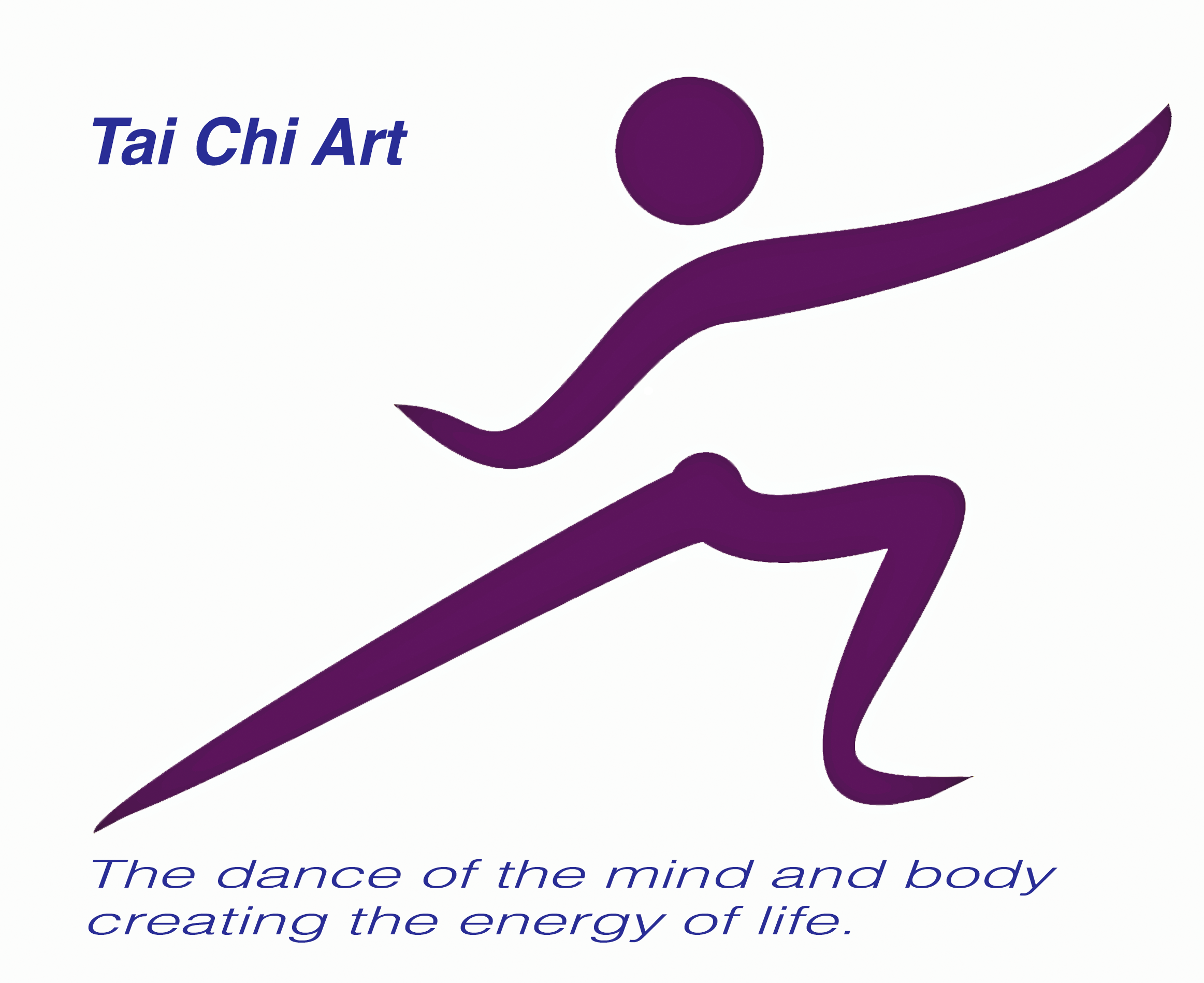Good Practice Emphasizes Time on Task
Time plus energy equals learning. Learning to use one’s time well is critical for students and professionals alike. Allocating realistic amounts of time means effective learning for students and effective teaching for faculty.
New technologies can dramatically improve time on task for students and faculty members. Some years ago a faculty member told one of us that he used technology to “steal students’ beer time,” attracting them to work on course projects instead of goofing off. Technology also can increase time on task by making studying more efficient. Teaching strategies that help students learn at home or work can save hours otherwise spent commuting to and from campus, finding parking places, and so on. Time efficiency also increases when interactions between teacher and students, and among students, fit busy work and home schedules. And students and faculty alike make better use of time when they can get access to important resources for learning without trudging to the library, flipping through card files, scanning microfilm and microfiche, and scrounging the reference room.
For faculty members interested in classroom research, computers can record student participation and interaction and help document student time on task, especially as related to student performance.
Emphasizes time on task
Most educators dream of finding ways to motivate learners to spend time on their learning tasks, whether in online or face-to-face courses. The Internet provides many ways to make instructional materials more interesting and engaging.
- Coloured illustrations and photographs make even text-based content more interesting.
- Embedded progress-check questions with immediate feedback can be used to encourage learners to review concepts that they have not understood.
- Participation in group discussions or group work not only provides time on task, but also provides opportunities for group participants to help each other clarify and synthesize information.
Challenges: As mentioned above, the workload in online courses can be great. It is important that that time be productive and profitable. That means that online courses need to be carefully designed to provide rich learning experiences. It is also important that the technology be an aid to learning, not a barrier.
